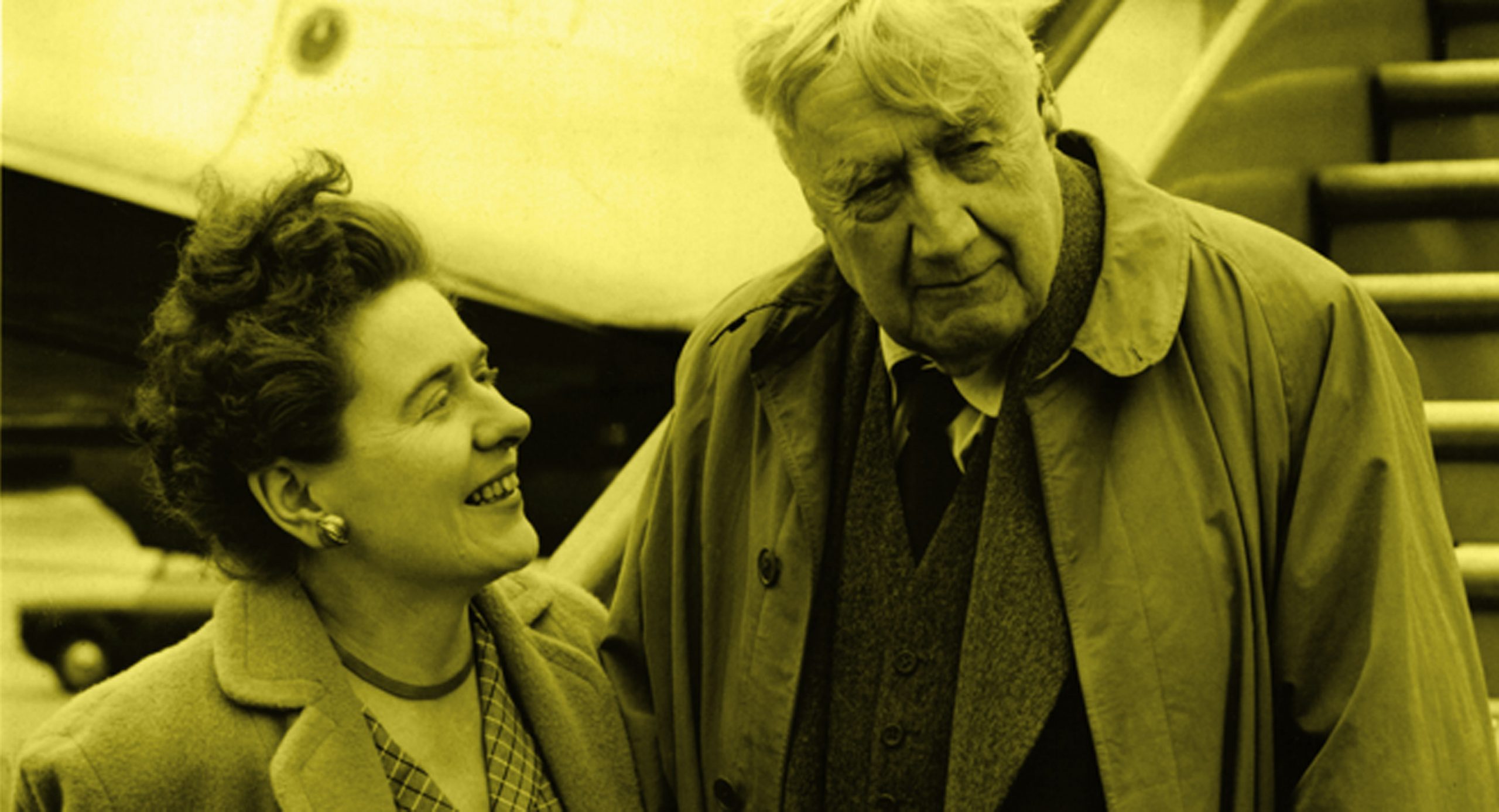Welcome to the Vaughan Williams Foundation – one of the foremost sources of funding for recent and contemporary music in the UK
The Vaughan Williams Foundation is a grant-giving charity which upholds the values and vision of the celebrated composer Ralph Vaughan Williams and his wife Ursula Vaughan Williams.
Our principal aims are to honour RVW’s desire to support his fellow composers through funding for performances and recordings, and to help make his own work widely accessible to the general public.
VWF was founded in 2022, 150 years after the composer’s birth, and brings together the two charities originally set up by Ralph (RVW Trust) and Ursula (Vaughan Williams Charitable Trust).
Funding
Applications Open
Composers are at the heart of what we do. VWF offers three annual funding rounds towards:
the performance, commission and recording of music by British and Irish composers active in the last 100 years, and/or
work which furthers the knowledge and understanding of the life and work of Ralph Vaughan Williams, and of Ursula Vaughan Williams.
We welcome applications from ensembles, organisations and individuals.
Funding
Vaughan Williams Scholarships
Applications are now open for the 2026 Vaughan Williams Scholarships.
4 scholarships of £8,000 each are awarded annually to postgraduate students of composition.
For more than 40 years Vaughan Williams funding has been awarded to support postgraduate study in composition. The 270 previous recipients have included names such as Julian Anderson, Christian Alexander, Anna Meredith, Graham Fitkin, Larry Goves, Gavin Higgins, Hannah Kendall and Daniel Kidane.
Congratulations to our 2025 Vaughan Williams Scholars: Tom Burkhill, Lucy Holmes, André Faria Serra and Elliott Park.
Our new Trustees
Joining the Board
We are delighted to announce the appointment of Sam Wigglesworth, Harriet Wybor and Raymond Yiu as new Trustees, bringing with them a wealth of experience and a passion for music.
We are so grateful for their commitment to the Foundation and look forward to working with them to develop VWF for the future.
Find out more about the faces behind the VWF and our work.
RVW
Ralph Vaughan Williams (1872-1958) is one of the greatest of British composers whose music, generosity and vision for community music making continue to impact British musical life.
Find out more about the composer and explore our extensive archive of letters and photographs and catalogue of published works.
READ THE LATEST
THE LETTERS OF RALPH VAUGHAN WILLIAMS
Featured Letter
Get to know the man and his music
RVW’s wide-ranging correspondence – with family, pupils, fellow composers, conductors and performers – paints an intriguing portrait of the man, as well as providing fascinating insights into his major preoccupations: musical, personal and political.
Our searchable database includes over 5000 annotated transcriptions of his correspondence all available to read online.
Letter of the Day
Letter from Adeline Ralph Vaughan Williams to Diana Awdry
Letter No.: VWL4768
The White Gates
Sunday [19 April, 1931]
The Secret Irises were a lovely surprise. Many thanks from us.
Uncle R says we led him astray about yr train by not telling him it was Saturday. We were sorry. It was so nice having you to share the Festival with us.
AMVW




